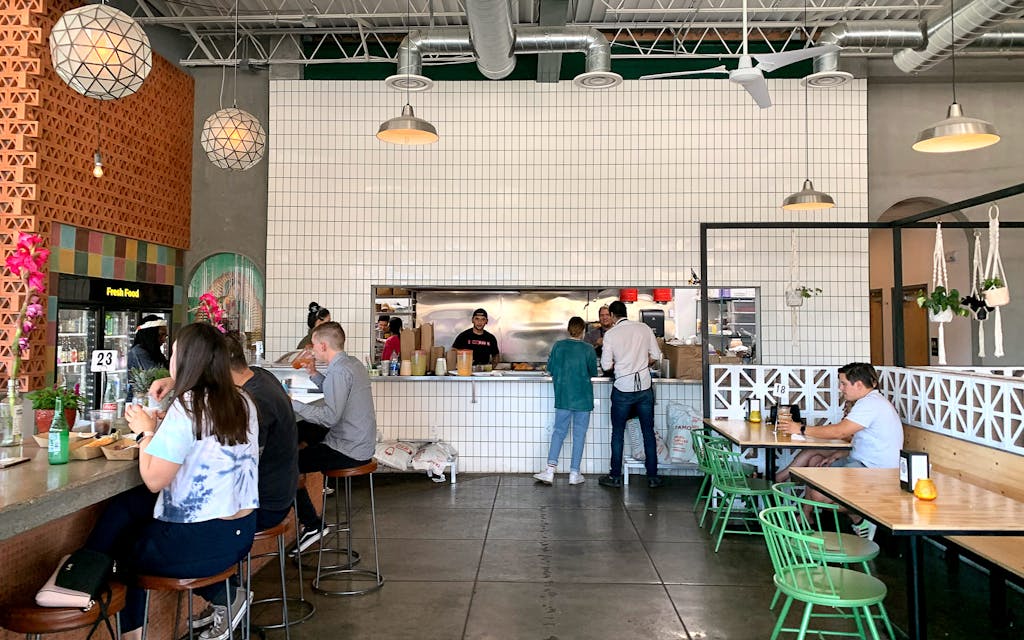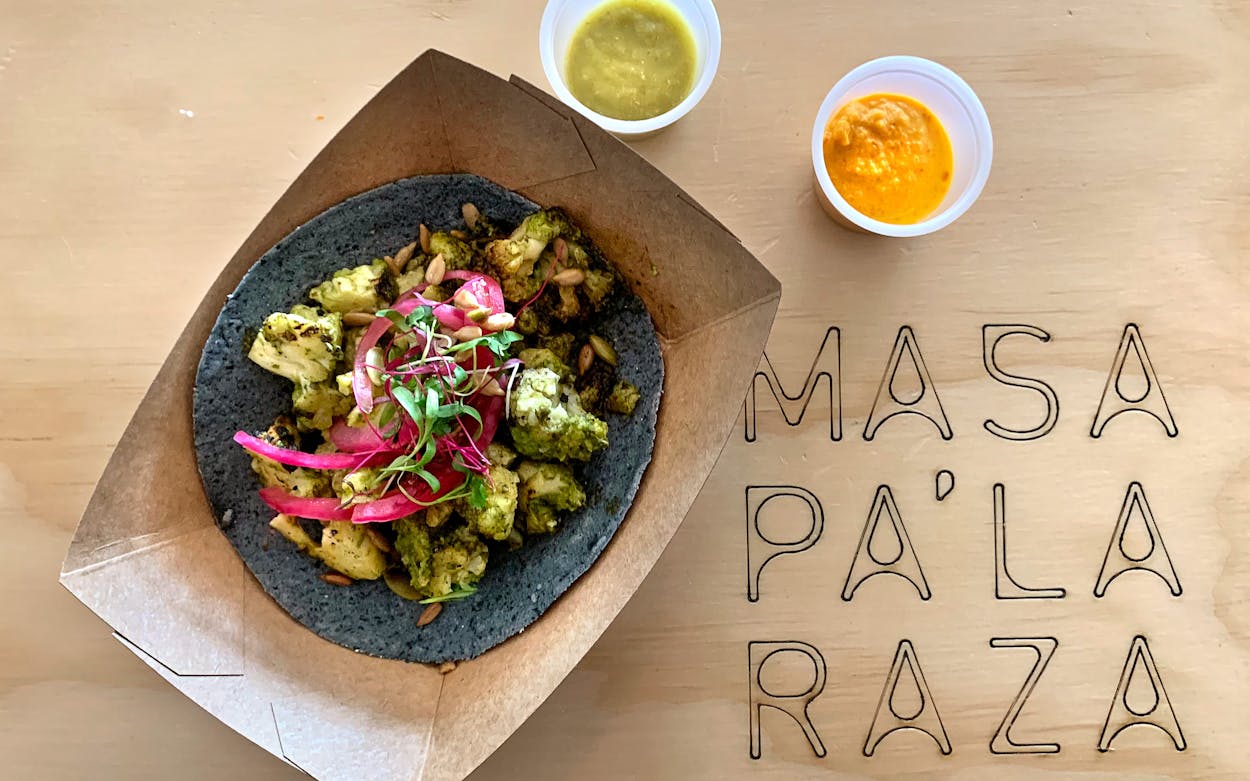It might surprise you to learn that Japanese anime and manga have a huge following in Latin America. The Dragon Ball franchise is especially beloved. In 2018, more than 10,000 fans gathered in Ciudad Juárez, just across the border from El Paso, to watch the show’s finale on massive screens set up by the city. Similar watch parties happened across Mexico, as well as in El Salvador and Ecuador. Part of Dragon Ball’s appeal is its aspirational, underdog premise: a small group of spiky-haired alien martial arts fighters, led by the goofy Goku and the proud Vegeta, transform themselves through constant training amid a supportive community of fellow fighters. The cast of characters includes cosmic deities, strong female figures, and foes both mystic and galactic. The more Goku and Vegeta fight, the stronger they become. The two heroes, who are among the last of an alien warrior race, are adept at adapting to stressful, character-testing situations, and, as they are fond of saying, “surpassing the limits.” Perhaps these themes resonate with Latinos because we too often come from other lands and overcome daily struggles through perseverance and family without losing our identities and values.
We see ourselves in the cast of characters, and Dragon Ball’s influence can be seen in everything from sports to music to food. In Oaxaca, a taqueria takes its name from Goku, the main protagonist. In El Paso, Taconeta, another taqueria, nods to the Japanese cartoon and its characters through salsas named for Goku and Vegeta. The former is a woodsy salsa macha with an orangey hue reminiscent of Goku’s clothing and rural upbringing. The latter is a complex and fiery concoction true to Vegeta’s persona.
Like the fictional animated characters, Taconeta overcame obstacles when it opened during the pandemic. Co-owners Alejandro Borunda and Daniel Fox set up shop in July 2020, just four months before El Paso was battered by one of the nation’s worst COVID-19 surges. (The city has since turned things around, with one of the highest vaccination rates in Texas.) Taconeta nimbly adapted with a walk-up window, curbside and takeout options, and creative specials that include everything from tricolored tortillas to seasonal frozen treats. In doing so, Borunda and Fox, El Paso–Juárez natives and lifelong friends, have helped transform the Sun City into a destination for creative contemporary Mexican cuisine.
Let’s begin with Taconeta’s cauliflower al pastor, a tower of vegetable heads roasted on a trompo, or vertical rotisserie. It’s seasoned with a verdant marinade named after another Dragon Ball character, the muscular, green-skinned, pointy-eared Piccolo. The salsa is as temperamental and brash (with a gentle underlying flavor) as its namesake. The dish has a colorful, whimsical presentation: the cauliflower florets are chopped and topped with a tangle of pickled red onions, strands of microgreens, and a sprinkle of pepitas. It is a gorgeous structure to see in the open kitchen and even better to consume nestled in house-nixtamalized corn tortillas. The elastic and creamy blue tortillas hold the caramelized and crunchy filling well. Order a side of Salsa Vegeta to add an extra blast to the taco.
The signature suadero, a confit brisket that’s finished with a crisping on the flattop, comes topped with a streamer of Salsa Goku. The mushroom taco was light and earthy, its flavor reminding me of the bounty of mushrooms that Mexicans harvest in the rainy season. No button mushrooms here, thank you. Instead, the mushrooms are tempura-fried, then topped with the salsa and dehydrated kale. The same kale garnishes long grilled sweet potato wedges amped up with more of the Salsa Goku. I usually hate sweet potatoes, but I love the dish served at Taconeta. Vegetarians and vegans will find a lot to enjoy here. Another highlight is the aguachile, a shrimp-based ceviche-like dish whose chile-infused liquid is brightened with citrus and offers a subtle sizzle.

The food is accentuated with the building’s modern Mexican architectural elements, including decorative concrete and colorful tiles that extend from the covered patio to the interior. Walk to one side of the stucco building to order from the taco window. Here, Taconeta’s having opened during the pandemic gave it an edge. While older restaurants scrambled to create these windows, Borunda and Fox simply built one into their original design. “It has always been part of the overall business plan, but it was never meant to be the central service point,” says Borunda. When dining rooms closed, customers lined up outside in droves. “The taco window kind of saved us,” Fox says. Even as the city loosened and eventually removed dining-room restrictions, it continues to be the primary method of ordering.
Inside, the restaurant balances its modern industrial aesthetic with Mexican folk touches, including windows that call to mind local adobe buildings, as well as light woods and kitschy touches. Look for the Speedy Gonzales figurine. It’s enough to help diners feel comfortable and to signal that they’re in a familiar—but not too familiar—setting. Natural light makes everything feel more welcoming. Fox has much to do with the visual style. Aside from his experience working in restaurants, he studied interior design in college.
As striking as the restaurant’s look is, it is Taconeta’s tortilla, made from corn sourced by Mexico City–based Tamoa, that is the foundation of the restaurant. Large bags of corn, as well as Tamoa’s beans, are stacked in front of the open kitchen. Borunda and Fox are channeling their ancestors’ knowledge of maize to reconnect the far West Texas border region with its ancient roots. This was always part of the plan, says Borunda, a lifelong restaurant professional. When he and Fox began planning Taconeta, Borunda revisited the tortilla factories he frequented as a child in Juárez. To his surprise, they were using Maseca, a commodity dehydrated corn flour. He thought he could do better, so he learned the art of nixtamalization, or preparing maize from scratch.
“Nixtamal is the way of life. That’s the only way, and I felt a responsibility to it,” Borunda told me, especially in a region where the flour tortilla is king. Indeed, nixtamalization provides a continuous link to ancient, life-sustaining technology, while supporting the family farmers who grow the corn. Taquerias, trucks, and restaurants that have tapped into that connection—others in El Paso include Elemi, Taft-Diaz, and Taco Shop—have all become part of a Mexican restaurant network sharing the same goal. But Taconeta, like Goku usually does, lands the final knockout.
Taconeta
311 Montana Avenue A-1, El Paso
Phone: 915-303-8038
Hours: Tuesday to Saturday 11 a.m. to 10 p.m.








